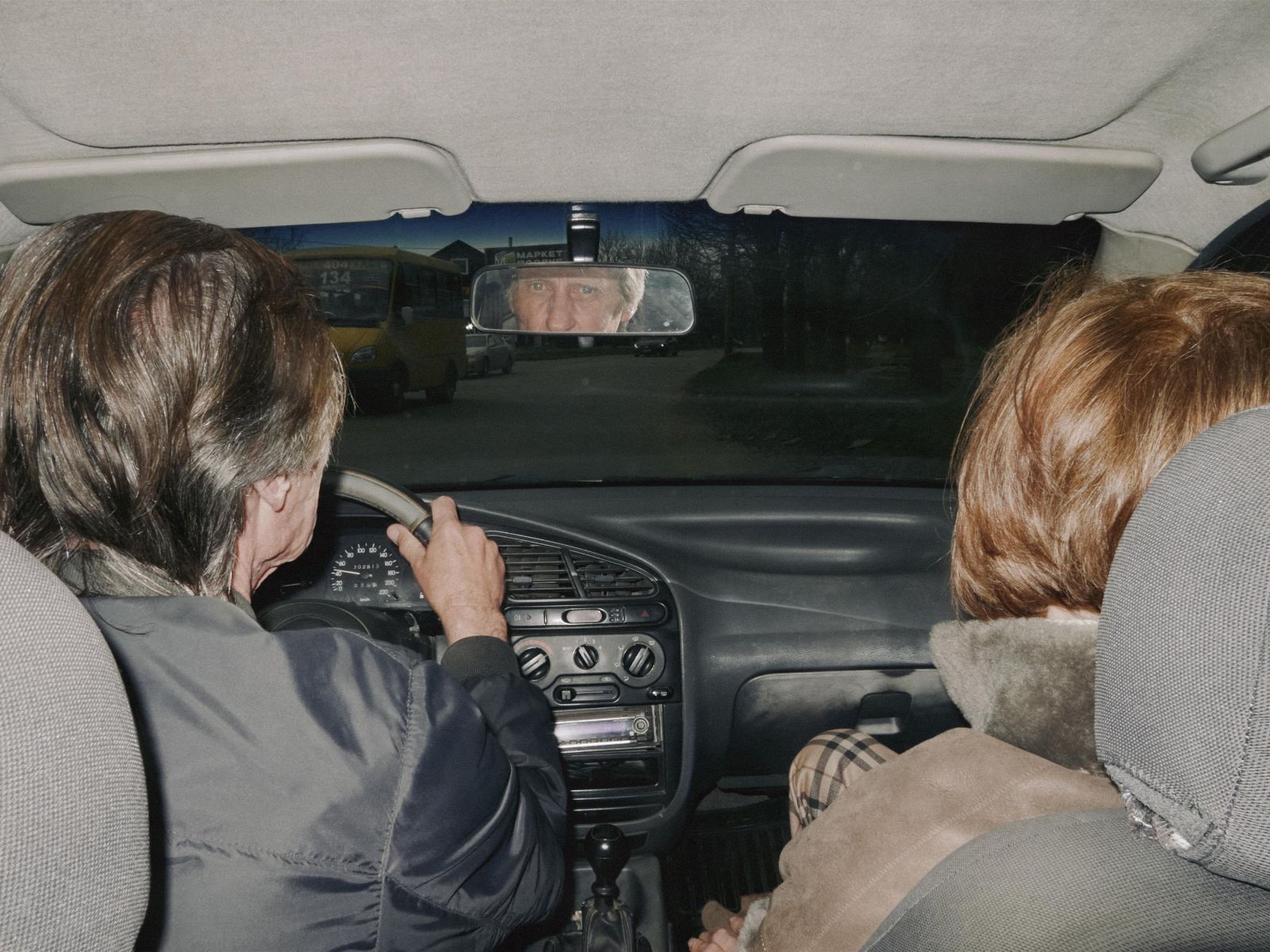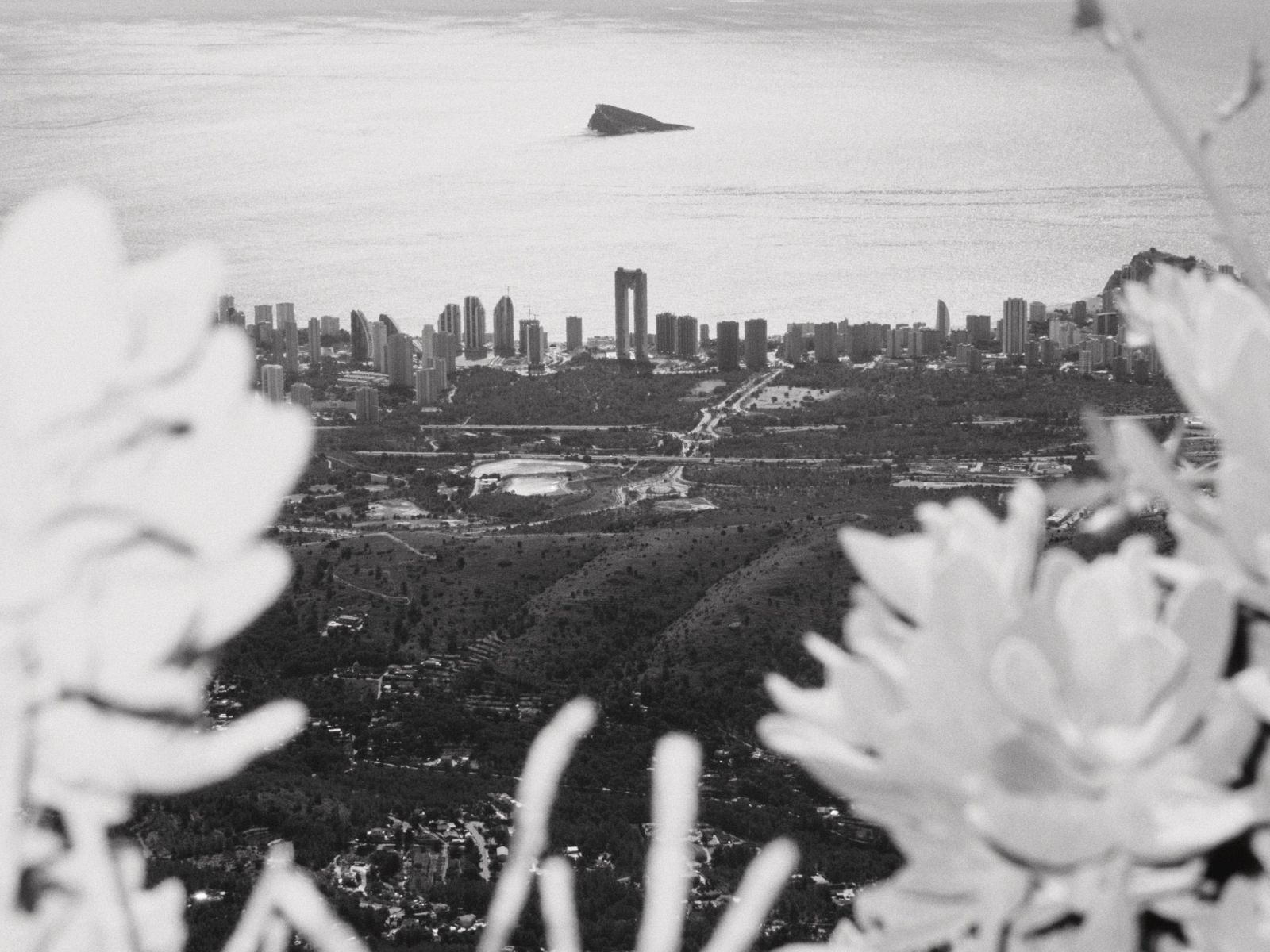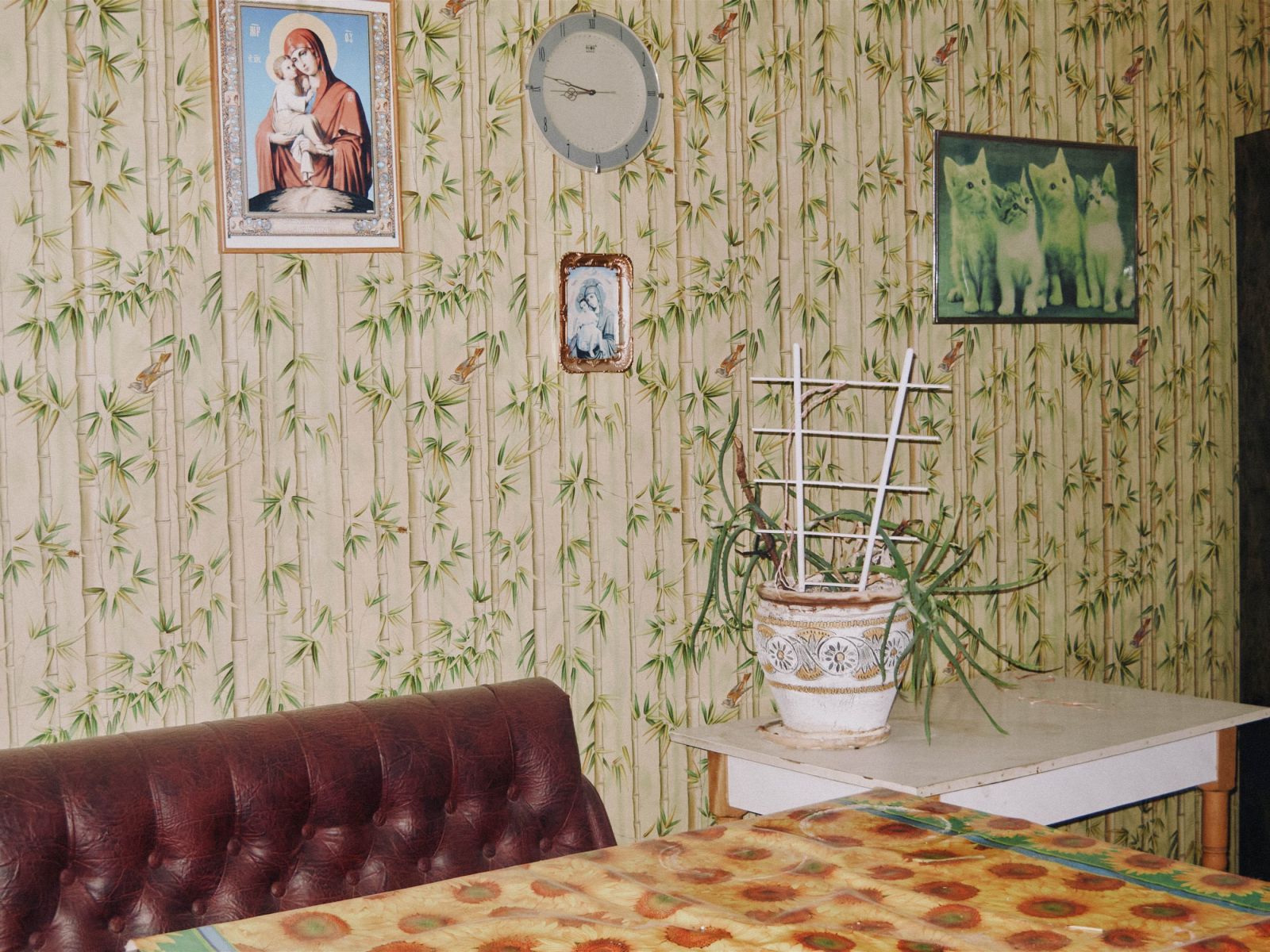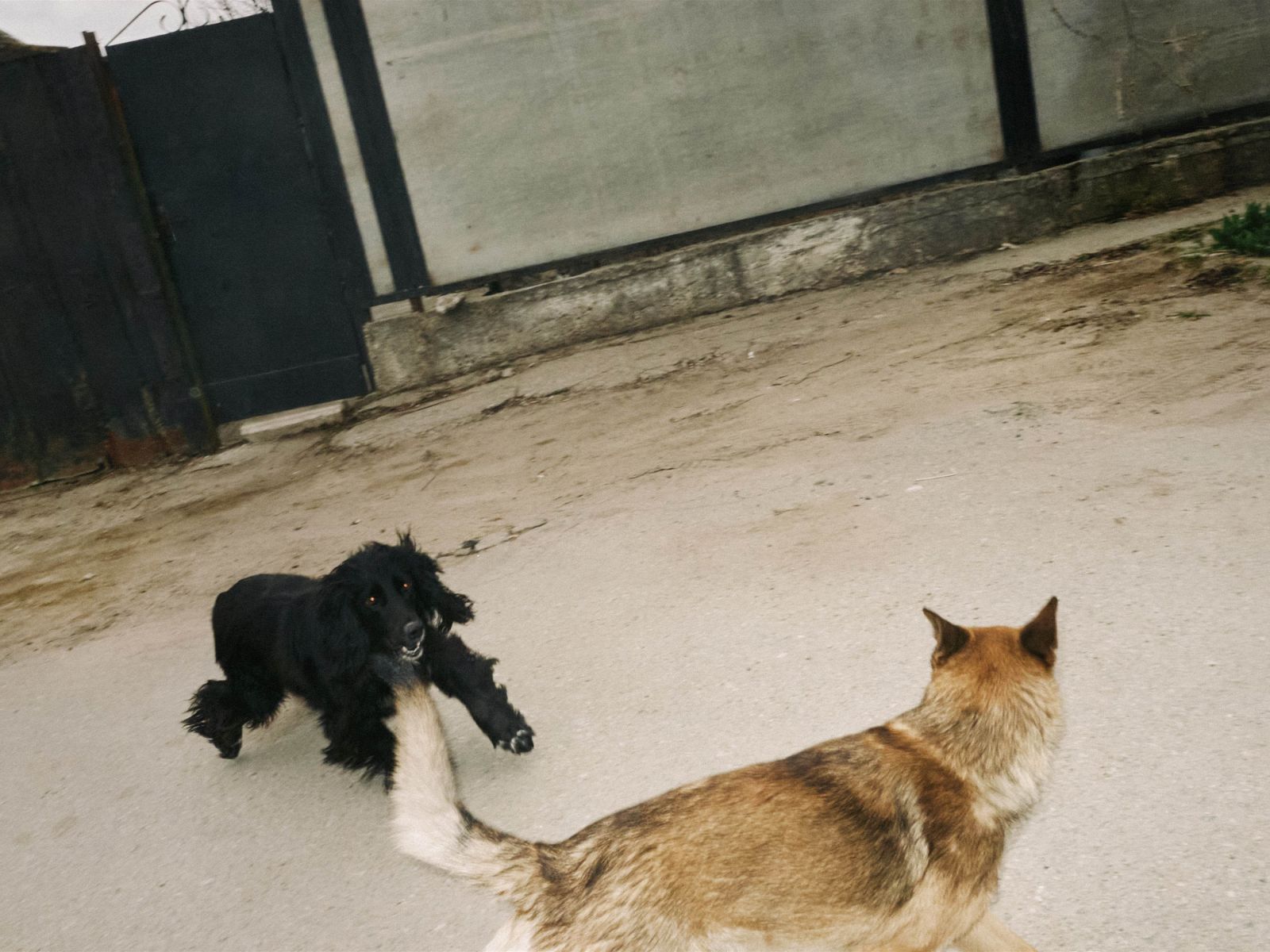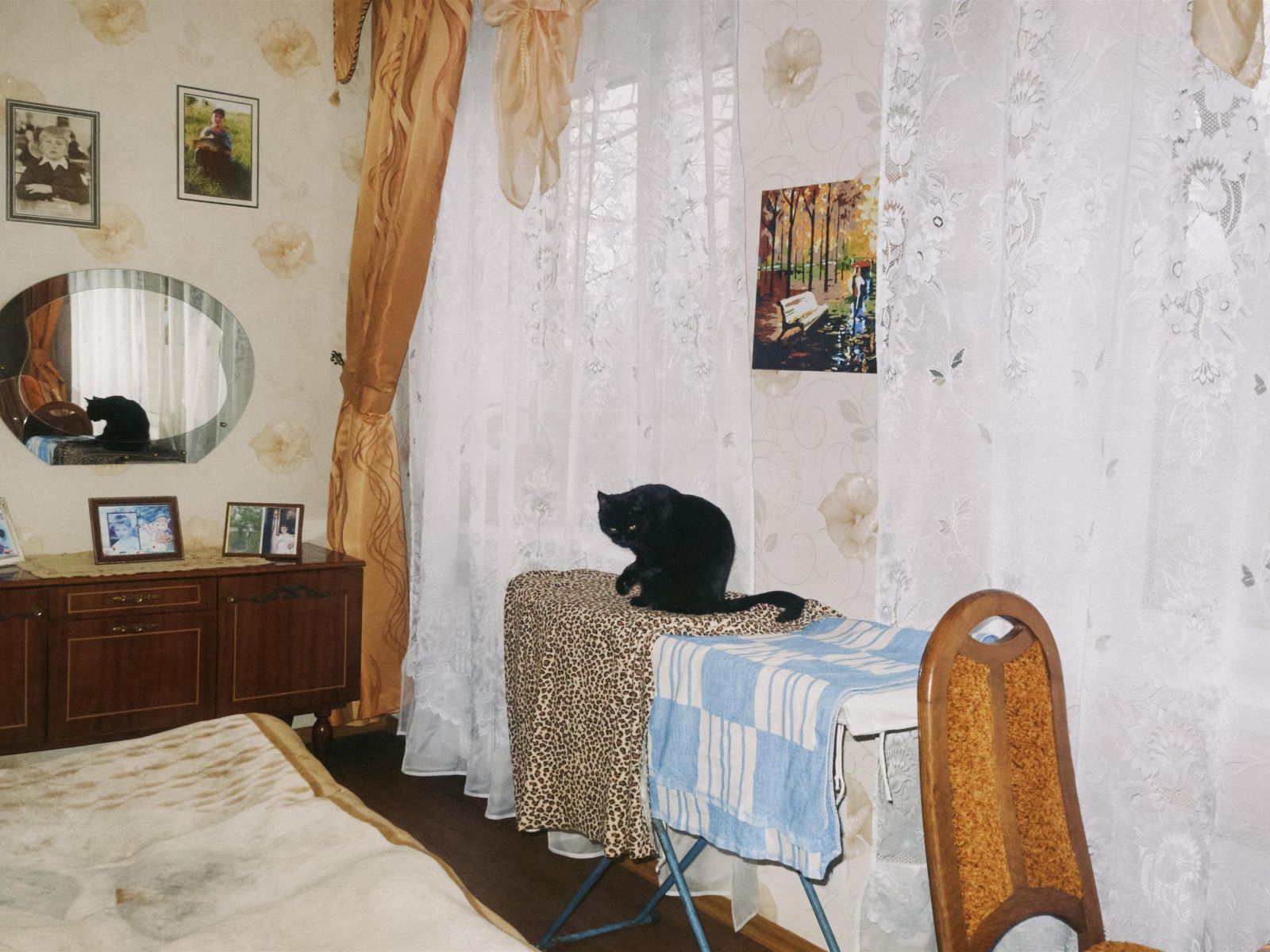
Anastasia Miseyko
Born in Ukraine in the mid-1990s and raised in Spain from early childhood, my work often begins from a place long familiar to me: movement—not just across borders, but across languages, systems of meaning, ways of remembering, and uncertain definitions of "home".
For many migrants, this movement is not episodic but foundational. As such, the relationship to place is not inherited, but provisional and constructed.
West of the Birch Trees explores this tension of "home" as both a longing and a logistical concern, a non-place and a highly contested one—vulnerable to legal precarity, housing insecurity, and a lack of intergenerational rootedness. Structured around several return journeys to Spain and Ukraine, the act of returning—both literal and symbolic—operates as metaphor and method for examining diasporic experience. Throughout my research I position myself as participant, subject, and mediator. The work consists of a multimedia installation and a publication, where photography function as partially performative and relational gestures. The two videos included in the installation were sent to me via WhatsApp, almost exactly two years ago. One was shared by my grandfather, whom I’ve never met: a video of a video, originally recorded in 1997 at a family dinner in Russia. The other is from my uncle in Ukraine, who sends these videos almost daily.
West of the Birch Trees suggests that the autobiographical act itself becomes a form of belonging—through cyclical retelling, retranslation, and reorientation, and through the radical acknowledgment that some homes exist most vividly in their absence.
